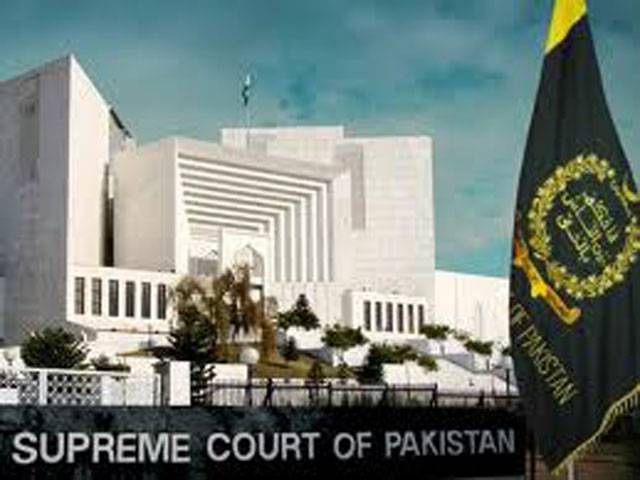ISLAMABAD - Rejecting the ECP’s excuses, the Supreme Court Wednesday directed the commission to remove all bottlenecks and ensure that overseas Pakistanis vote in the forthcoming elections.
The Election Commission of Pakistan (ECP) took the stance that their focusing on right of vote to overseas Pakistanis at this stage, when only 45 days are left for the general elections, could jeopardise the whole polls process.
ECP counsel Munir Paracha told a three-member bench headed by Chief Justice Iftikhar Muhammad Chaudhry that the main concern of the ECP right now was not only to hold fair and free elections but to also ensure that all the parties accept the results.
Though he said they will try their best to get overseas Pakistanis their voting right, he argued that it was impossible to provide them voting facility in the forthcoming polls because it needed legislation, computer software and signing of Memorandum of Understandings (MOUs) with the foreign countries. A report submitted by Paracha also said that in some countries people are prohibited to enter in diplomatic areas in large numbers.
But the court ordered the commission to hold meetings with the Foreign Office, National Database Registration Authority (Nadra) and IT Ministry to overcome the difficulties and submit report on March 29. The commission was also ordered to complete the arrangements soon and submit a report after that.
The bench noted that the petition regarding granting voting right to overseas Pakistan was pending since 2011, but no progress was made. The court observed that the perusal of the report indicates that the alleged difficulties/problems mainly related to three areas, including amendments in (Conduct of Election) Rules 1977 and signing of MoUs with the foreign countries.
The court noted that regarding MoUs the ECP had so far not cited any law and advised it to contact the foreign ministry for the establishment of polling stations abroad. The bench asked the interim government to legislate under Article 89 through Ordinance as per the requirement.
Piracha contended that the commission had no issues if the government can make proper arrangements for the Pakistanis to cast their votes. The chief justice observed that the court had suggested making arrangements for just 10 polling stations, adding that 10 sessions judges can be sent abroad to conduct polling.
The court asked the ECP to contact the Ministry of Information and Technology or some independent IT experts for developing the voting software. The chief justice said the issue of identification of overseas voters can be sorted by consulting the Nadra. The hearing was adjourned until March 29.
On March 19, Director General of Elections Sher Afgan told the court that intelligence agencies and the Nadra fear that in the process of sharing of data with Pakistani embassies abroad the entire data can be stolen or hacked with just one click of a button. The court said it was not asking the ECP to open polling booths in all embassies and consulates. The commission should select a few embassies in major countries and ask people to come there and cast their votes on the election day and these should then be posted back to Pakistan electronically.
But Mr Afgan said picking and choosing embassies would itself make the entire exercise questionable and even if a mechanism was developed problems could emerge without prior testing. The main stakeholders in matter were political parties, he added. “No, the main stakeholders are the voters,” the chief justice corrected him.
Tuesday, April 16, 2024
Supreme Court rejects ECP excuses over overseas Pakistanis voting

3:25 PM | April 16, 2024
1:17 PM | April 16, 2024
IHC dismisses Bushra Bibi's plea seeking her shifting to Adiala Jail from Bani Gala
4:25 PM | April 16, 2024
Punjab CM visits Tehsil Headquarter Hospital Murree
3:25 PM | April 16, 2024
High-level Saudi delegation in Islamabad to hold meetings with Pakistani leadership
2:07 PM | April 16, 2024
Saudi foreign minister meets PM Shehbaz Sharif
1:17 PM | April 16, 2024
Decision to retaliate against Iran attacks rests with Israel, says Pentagon
1:05 PM | April 16, 2024
Political Reconciliation
April 16, 2024
Pricing Pressures
April 16, 2024
Western Hypocrisy
April 16, 2024
Policing Reforms
April 15, 2024
Storm Safety
April 15, 2024
Democratic harmony
April 16, 2024
Digital dilemma
April 16, 2024
Classroom crisis
April 16, 2024
Bridging gaps
April 16, 2024
Suicide awareness
April 15, 2024
ePaper - Nawaiwaqt
Advertisement
Nawaiwaqt Group | Copyright © 2024





